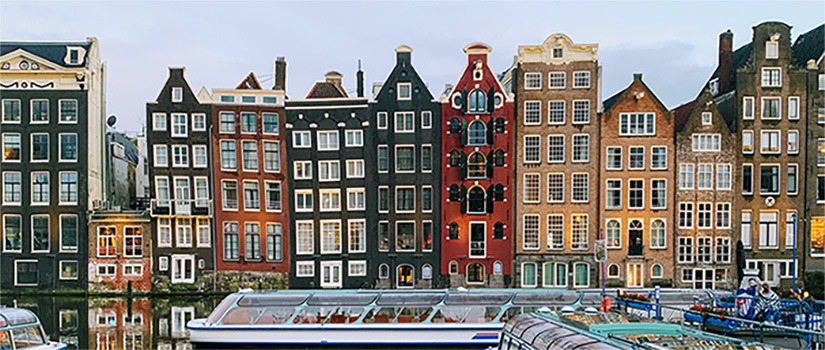PLEASE NOTE: THIS COURSE IS NOW FULL.
Dates
May 13 - May 23, 2024
Costs
Program Fee: $4500
*Includes housing, some meals and several excursions.
Deposit Deadline: Dec. 1, 2023
Program fee does not include roundtrip airfare, tuition or the study abroad fee.
| Airfare |
Varies |
For flexibility, students book their own flight. Program leaders will share their flight itinerary with the class and students often fly as a group on the international leg of the trip. |
|
Study Abroad Application |
~$150.00 | Fee to the Education Abroad Office for administrative preparation. |
| Tuition | Varies | Students should check with the Bursar’s Office to see how much this 3-credit hour course will charge them in tuition. |
| International Insurance | $35.36 | Fee that the Education Abroad Office adds to each students bill who studies abroad. The policy provides medical and mental health coverage, but it is NOT trip interruption insurance. |
The Class
Taught by: Andrew Kaczynski , Associate Professor, Department of Health Promotion, Education and Behavior and Christine Pellegrini, Assistant Professor, Department of Exercise Science
Pre-requisites: There is no prerequisite for this course.
Course Attributes: Honors BTC, SocBehavSci
A growing body of research and practice in diverse disciplines (e.g., public health, urban planning, architecture, transportation, parks and recreation) recognizes that the design of neighborhoods and cities has a substantial influence on a variety of health behaviors and concerns (e.g., obesity, pollution, mental health, chronic disease). This course is designed to help students understand how the built environment can influence physical activity behavior and other related health outcomes. Students will explore how two countries (Netherlands and Denmark) with differing environments affect lifestyle, leisure, and transport-related physical activity behaviors in children, adults, and older adults. While in Amsterdam and Copenhagen, students will visit key cultural and historical sites, experience urban design features (e.g., parks, cycling infrastructure) related to pedestrian and biking behavior, and learn from the instructors, peer class members, and academic and local officials in each location.
Trip Itinerary
Trip Itinerary to be announced.
